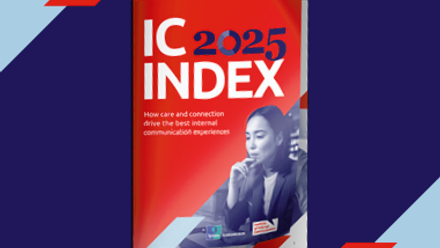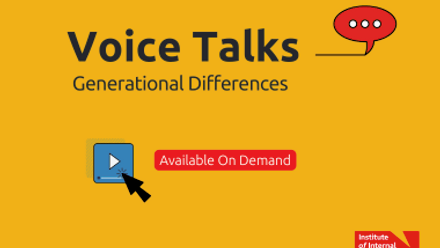Is Greater Manchester's good employment charter the blueprint for better work?
Poverty and inequality are two key societal challenges in the 21st century. The eradication of poverty is listed as a primary objective in the 17 Sustainable Development Goals that underpin the United Nations’ 2030 Agenda for Sustainable Development.
In the 2020s, faced with escalating social and environmental issues and the rise of employee activism, every organisation ought by now to have a robust ESG strategy that aligns with these goals.
It’s easy to dismiss poverty as a problem for developing economies. And yet that’s increasingly short-sighted.
While CEO salaries have soared in recent years, more than a third of workers in the UK today struggle in low-paid work. Precarious work contracts and low pay are stressful, demoralising and ultimately detrimental to health and wellbeing. Wage inequality is a massive issue.
The Joseph Rowntree Foundation is committed to eliminating poverty in the UK. It reports more working adults in poverty today than at any other time since record-keeping began. The Nuffield Foundation defines in-work poverty as occurring when a working household’s total net income falls short of being able to meet their needs.
There are many reasons, aside from low pay, for rising poverty rates in the UK this decade. Spiralling accommodation costs, a weak social security system and the high cost of childcare are all contributing factors.
The added pressures of pandemic-induced inflation, soaring fuel and energy prices and government cuts to universal credit are creating a perfect storm of societal pain.
But these are problems we can solve if we’re minded to.
A charter to help people reach their potential
Back in 2018, the Greater Manchester Combined Authority ran a consultation to gauge interest in the development of a Good Employment Charter for the regional business community. The response to it was overwhelmingly favourable, and a movement was borne.
The Greater Manchester Good Employment Charter is a voluntary membership and assessment scheme.
It’s been created to improve employment standards across the region. Organisations across the public, private and third sector are encouraged to sign up to the charter to improve working lives.
“To reach their potential, people need to be offered secure, fulfilling and well-paid work,” says the Charter. “This boosts not only the morale of the workforce, but retention rates, productivity and health. In turn, this leads to business growth and success.”
Andy Burnham, mayor of Greater Manchester, says: “This Good Employment Charter is a major step towards making sure that new and existing jobs right across Greater Manchester are underpinned by a commitment to equality, fair pay, and giving employees a say in how their workplaces are run – securing our city-region as an area of employment excellence.”
The goals of the Good Employment Charter are clear. It sets out seven characteristics of good employment, each underpinned by the principles of equality, diversity and inclusion. These principles are:
- Secure work
- Flexible work
- Engagement and voice
- People management
- Health and wellbeing
Internal communicators can support Charter goals
With engagement and worker voice at the heart of the Charter, there’s a clear opportunity for Manchester-based IoIC members to get involved.
Internal communication is widely seen not only as the enabler of distributed information flow within an organisation, but also as the representative mouthpiece of the workforce.
“When staff feel seen and heard at work, wellbeing and productivity improve,” says IoIC chief executive Jennifer Sproul. “When workers feel able to safely speak up and provide feedback to their employers, organisational outcomes improve.
“Here at the IoIC, we believe how we communicate at work has the power to transform working lives by helping people feel engaged and purposeful – that they matter at work – making for better organisations and a better society overall. We are always keen to support others who share similar values.”
Internal communicators working in the Greater Manchester area are invited to explore the Charter and encourage their employers to sign up if they’ve not already done so.
The Good Employment Charter is currently partnering with employee voice and engagement platform Stribe to analyse worker sentiment in Manchester now that all Covid restrictions have been lifted. Findings will be published to GEC members and supporters in May 2022.
Find out more
Read more about the Greater Manchester Good Employment Charter.







